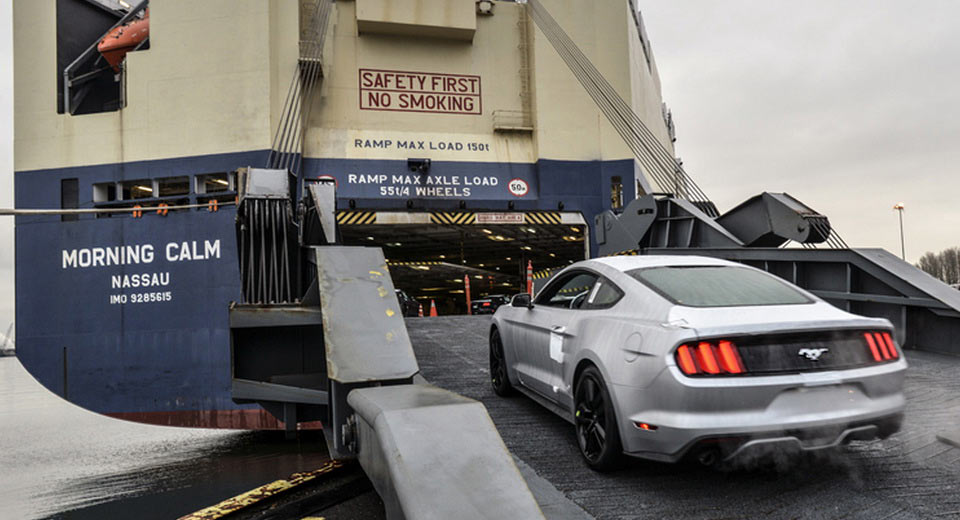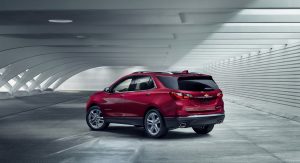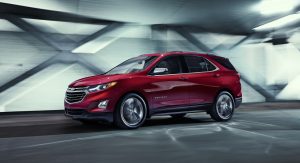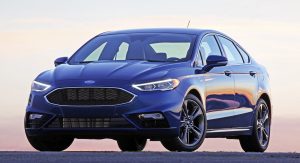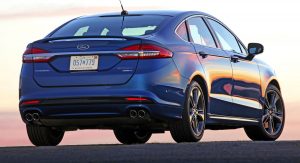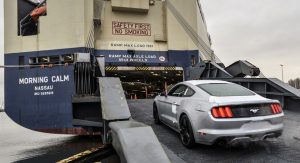Auto imports from the United States will have to become more appealing in their design, more affordable or fuel-efficient in order to benefit from President Trump’s attempts to renegotiate a trade deal with South Korea.
Trump met with South Korean President Moon Jae-in last week and said that the U.S. would look to fix trade imbalances with their key ally, thus creating a level playing ground for U.S. automakers, among other things.
Despite brands such as Ford, GM and Chrysler registering nearly double the imports last year, their sales account for just 1% in the South Korean market, where Hyundai and Kia dominate, reports Autonews.
“Addressing non-tariff barriers would not fundamentally raise the competitiveness of U.S. cars,” said a senior Korean government official, who preferred to remain unnamed, in an interview with Reuters.
“What we really want to say to the United States is: make good cars, make cars that Korean consumers like.”
With that in mind, in South Korea, U.S. models are seen as inferior to German cars in terms of brand image, sophistication and fuel economy, with the exception of Tesla Motors and GM’ Bolt, as electric vehicles have grown in popularity.
According to U.S. Commerce Secretary Wilbur Ross, there’s a quota in the current trade deal that acts as an obstacle to boosting imports. This quota allows U.S. automakers to bring in 25,000 vehicles each year that meet U.S. safety standards. Should an automaker decide to modify its cars to meet Korean safety standards in order to bring in more than their quota of one model, it would cost them up to $75 million.



